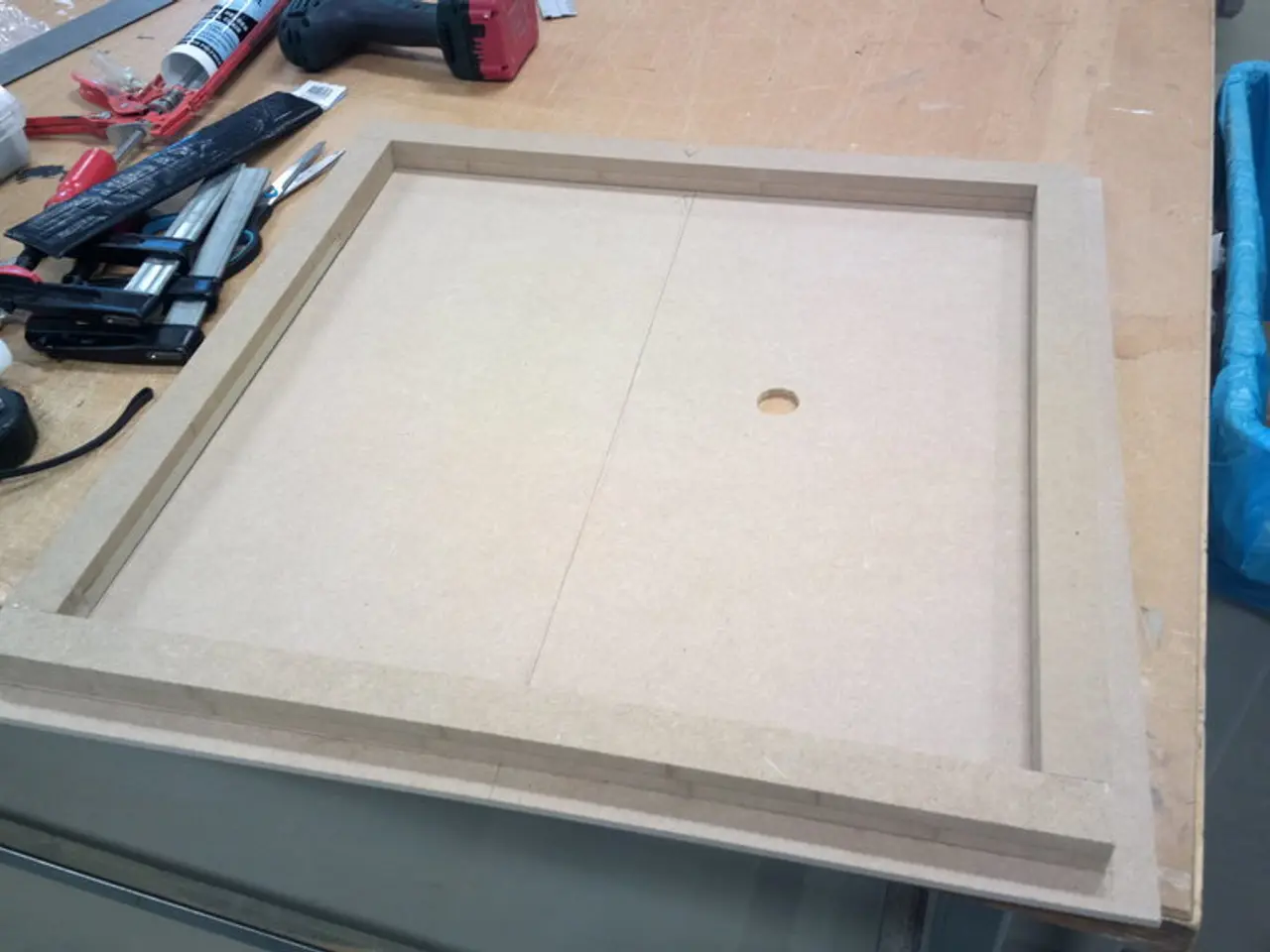Utilizing Power Tools Safely: Reducing the Probability of Accidents
Power tools are essential for many home improvement projects, but they can also pose significant risks if not used correctly. Here's a rundown of some key safety tips to help you avoid accidents while working with these tools.
Firstly, battery-powered devices should be protected from moisture to prevent damage. This is especially important when using power tools in humid environments, as contact with water can lead to accidents. It's crucial to ensure that the tools you're using have explicit approval from the manufacturer for use in wet conditions.
Regular maintenance is another essential aspect of power tool safety. Regularly checking power tools, cables, and plugs for defects can prevent electric shock, while avoiding improper or provisional repairs can help maintain the tools' safety features and avoid voiding the warranty.
Manipulation of power tools, regardless of the tool, is a common cause of accidents. DIY enthusiasts should always use power tools with care, ensuring they have a firm grip and are aware of their surroundings. Using power tools to fell a tree with a jigsaw, for example, is improper handling and a common cause of accidents.
The dangers associated with electrical tools should not be underestimated, even by experienced DIY enthusiasts. Damaged or worn-out cables on power tools can lead to electric shock, as can damaged plugs. In such cases, the tools should not be used. Defective power tools, including those with damaged insulation, worn-out cables, or loose sockets, should be disposed of in an environmentally friendly manner through a specialist retailer.
Storing unused batteries in a fire-safe manner is also recommended. Moisture can cause leakage currents that can lead to a severe battery fire hours later. It's essential to store batteries dry and dispose of them correctly when they are no longer usable.
According to Dekra, the statutory accident insurance provides statistics on accidents caused by power tools. Angle grinders, drills, screwdrivers, nail guns, jigsaws, sanders, and coping saws are the power tools that most commonly cause accidents.
Regular maintenance, careful use, and an awareness of the risks associated with power tools can help DIY enthusiasts stay safe while working on their projects. By following these guidelines, you can ensure that your tools serve you well and help you complete your projects without incident.
Read also:
- Peptide YY (PYY): Exploring its Role in Appetite Suppression, Intestinal Health, and Cognitive Links
- Toddler Health: Rotavirus Signs, Origins, and Potential Complications
- Digestive issues and heart discomfort: Root causes and associated health conditions
- House Infernos: Deadly Hazards Surpassing the Flames








